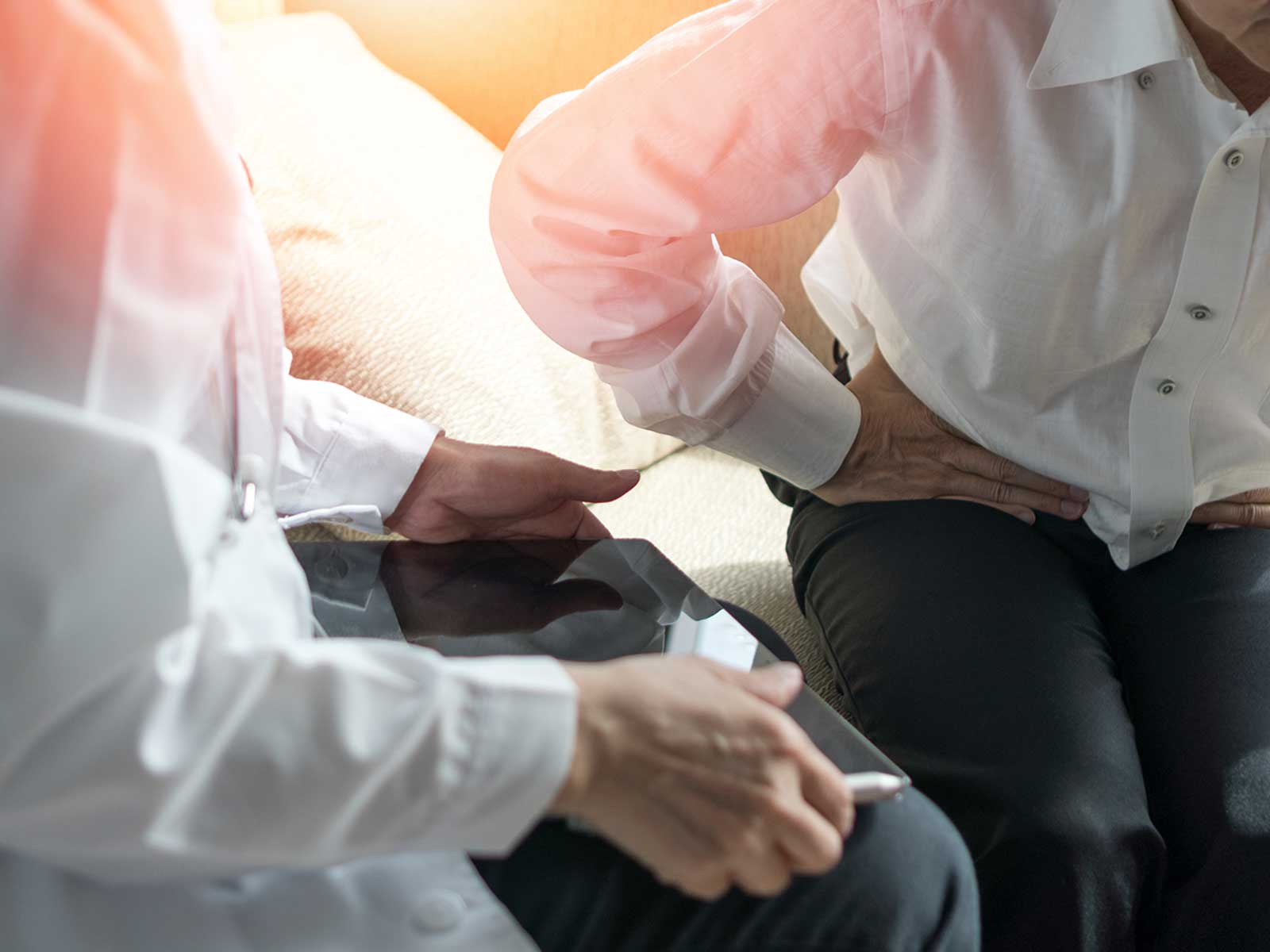
Colonic volvulus can be defined as the twisting of part of the large intestine that will not allow stool to pass and it may also cause blood to be cut. It is popularly known as volvulus of the colon or in situations where it occurs in the lower part, sigmoid volvulus. Failure to treat this condition in time can lead to serious complications. A gastroenterologist in Houston can easily diagnose and treat it to prevent further devastation.
In the majority of cases, the symptoms are suddenly manifested and indicate the fact that the colon is not functioning properly. These may include:
Several factors can be added to development of colonic volvulus:
Do not wait, in case you have some evidence of colonic volvulus or you need the second examination. GastroDoxs is a Houston based board-certified gastroenterology which is ready to provide timely assessment, customized care choices, and humanistic follow up care. Call now or make a reservation and have the control to your digestive health and be in the hands of the professional and needed attention.
We've successfully treated more than 1.5K patients, helping individuals improve their digestive health and overall well-being through expert, personalized care.
With over 20 years of experience, GastroDoxs has been a trusted provider of gastroenterology care, focusing on delivering the best outcomes for patients
The untreated twist can cause impediment of blood supply to the bowel leading to tissue death (necrosis), bowel perforation, infection (peritonitis), sepsis, and could cause life-threatening complications.
Doctors use abdominal X-rays and CT scans to identify the location and spread of the twist. The other tests that can be undergone to confirm the diagnosis are; a flexible scope (sigmoidoscopy or colonoscopy) and in some cases, to remove the volvulus.
In the U.S. colonic volvulus is not very widespread. It is more commonly diagnosed in the elderly or in the chronic constipated, in patients who have had an abdominal surgery in the recent past, or in patients who have several anatomical anomalies of the colon.
Yes, although it's uncommon. In children, abdominal pain is acute, extreme, bloating, nausea, and gastric impossibility. The evaluation is to be conducted in time.
The majority of patients who underwent corrective surgery (e.g. sigmoidectomy) or had their surgery are spending no less than 3-5 days in the hospital. Recovery is composed of pain management, gradual increase to regular diet with clear liquids and repeated visits to review progress of recovery.
Yes. In the majority of cases, endoscopic detorsion can be performed by a gastroenterologist when it comes to the situation where a flexible tube can be employed to unwind the colon. The IV fluids and bowel rest are beneficial to the patient as the colon heals up.
Consume lots of fiber, maintain hydration and never to strain too much during bowel movements and be regularly checked. In case you are at high risk, your doctor may suggest dietary changes or frequent monitoring.
Sigmoid volvulus is very common as that part of colon is mobile in nature. Otherwise, it is at a higher risk of ischemia and perforation. Early intervention reduces these risks.
In case of acute and severe abdominal pain or cramps, chronic vomiting, abdominal distension, the inability to produce any gas or stool in the long run, emergency treatment is required.
In most instances, it is possible that people heal because of timely treatment. The effects of not receiving care in time would be problems such as volvulus recurrence, adhesions or permanent ostomy in severe cases.